Vietnamese Version: https://genk.vn/albert-einstein-da-viet-nhung-gi-trong-buc-thu-gui-marie-curie-vao-nam-1911-20241204112625277.chn
Key Points:
Albert Einstein's deep respect for Marie Curie and his understanding of the impact of unfair public criticism on scientists highlighted the importance of valuing scientific achievement over gossip.
Curie's decision to attend the award ceremony despite warnings demonstrated her unwavering commitment to prioritizing science above all else.
Einstein and Curie developed a strong friendship, supporting each other in their scientific work and personal challenges, with Einstein praising Curie for both her intelligence and admirable character.
Their friendship serves as a powerful example of how mutual respect and support can help overcome societal prejudices and unfair judgments, especially for women in science.
The legacy of Curie and Einstein's relationship continues to inspire, emphasizing the enduring nature of genuine values, human connections, and the importance of perseverance in the face of adversity.
In 1911, during a turbulent period in Marie Curie's life, Albert Einstein sent her a heartfelt letter of encouragement, showing deep empathy and genuine friendship between two of humanity's most brilliant minds. Even after more than a century, the story of this letter still carries profound meaning, reminding us about the power of solidarity when facing adversity.
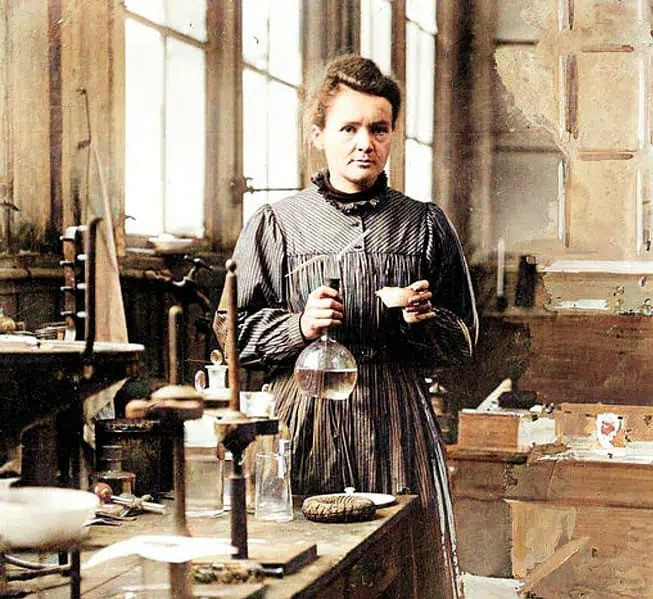
Marie Curie and the Public Storm
Marie Curie, born on November 7, 1867, in Warsaw, Poland, stands as one of modern science's most outstanding symbols. As the first woman to receive the Nobel Prize in 1903, she and her husband, Pierre Curie, were honored for their groundbreaking research on radioactivity. However, their glory was short-lived when tragedy struck with Pierre's death in 1906 in a terrible accident.
After this devastating loss, Marie Curie continued her scientific work, carrying on her shoulders both the responsibility and passion she once shared with Pierre. In 1910, Curie began a relationship with Paul Langevin, a younger physicist who was also Pierre's former student. Langevin, trapped in an unhappy marriage, found understanding and empathy in Curie. However, this relationship was discovered by Langevin's wife.
Not only did Langevin's wife openly criticize Curie, but she also hired people to break into Curie and Langevin's apartment to steal their personal letters, which were later published in tabloid newspapers. The articles not only slandered Curie but also used xenophobic and anti-Semitic language. They labeled her as a "home-wrecker."
During this same period, Curie faced another setback when she failed to secure election to the French Academy of Sciences. This failure was largely attributed to gender bias and her foreign origins rather than any lack of scientific merit. However, despite the storm of public criticism, Curie attended the 1911 Solvay Conference in Brussels, where she met with some of the world's most brilliant scientists, including Albert Einstein, Max Planck, and Ernest Rutherford.
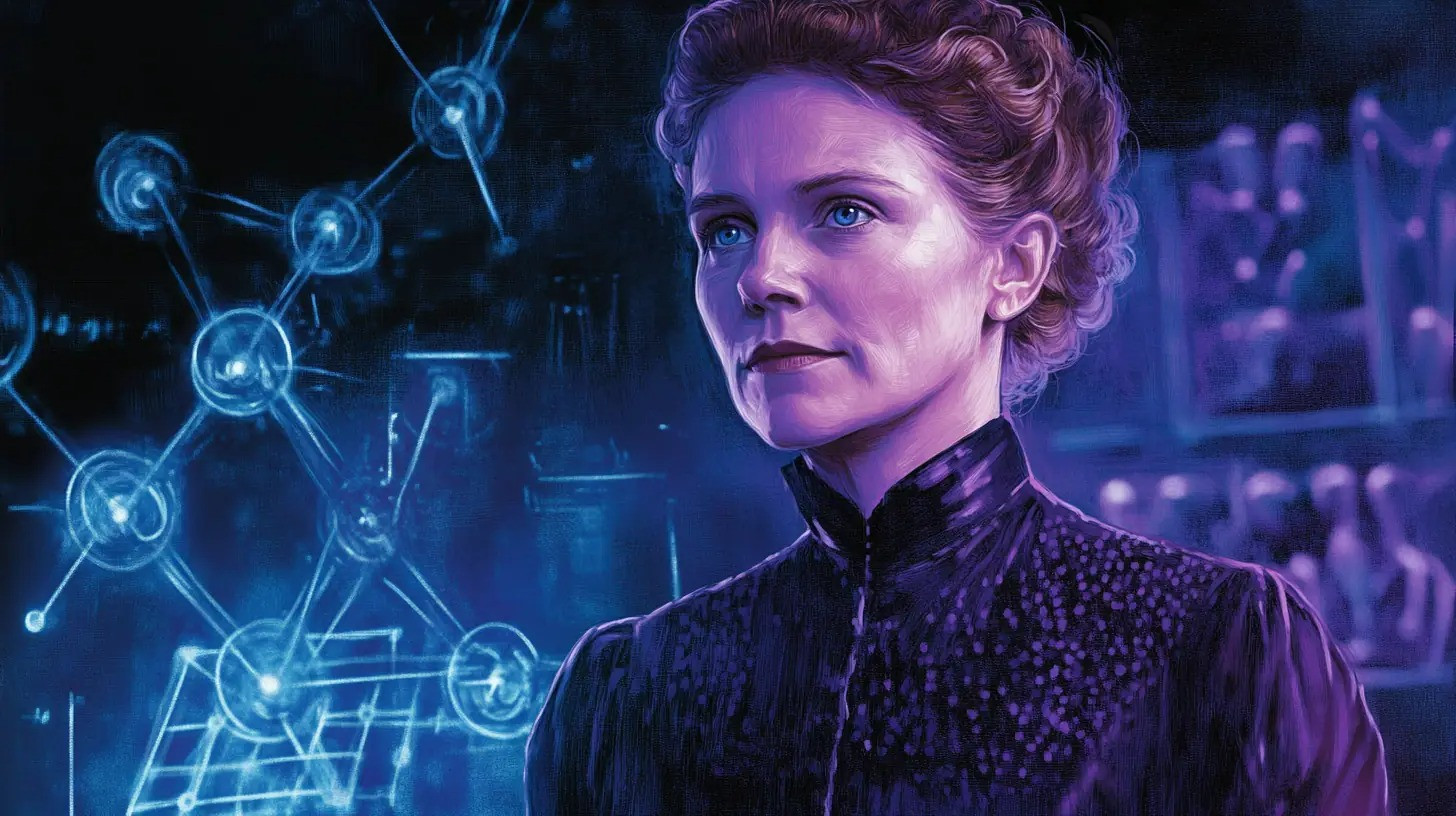
Einstein's Compassionate Words of Encouragement
Witnessing the unfair treatment that Curie endured, Albert Einstein wrote her a heartfelt letter of support.
In his letter, Einstein wrote:
"Dear Madame Curie, I am quite certain that you share my deep contempt for the noisy crowd out there who enjoy creating drama and gossip.
From the bottom of my heart, I must say that I greatly admire your intelligence, dedication, and honest character. I consider myself extremely fortunate to have met you in Brussels. It was also a great honor to have conversations with you and Langevin.
Dear Madame Curie, if those small-minded people continue to write and gossip about you, I suggest you simply stop reading their nonsense. Instead, let them enjoy the foolishness they have created. The more attention you pay to these matters, the more ridiculous stories they will invent."
Einstein's words were not just an expression of emotional support but also a recognition of Marie Curie's worth. He firmly believed that her value was not diminished by the public's slanderous comments.
Despite all the criticism, Marie Curie continued her scientific work with determination. In December 1911, she traveled to Stockholm to receive the Nobel Prize in Chemistry for her discoveries of radium and polonium. This achievement made her the first and, to this day, the only person to win two Nobel Prizes in different scientific fields.
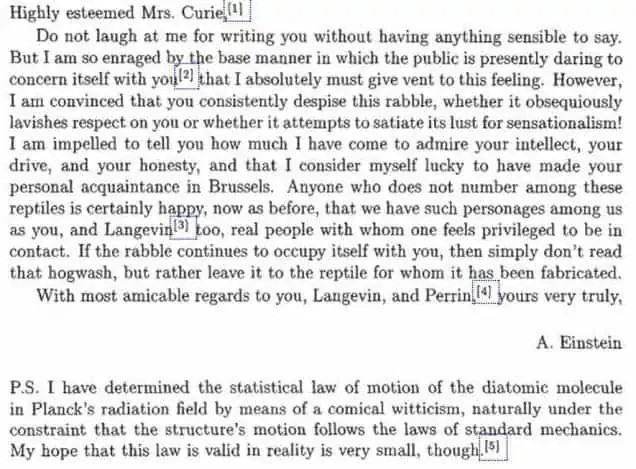
The letter showed Einstein's deep respect for Curie and his understanding of how unfair public criticism can affect even the most accomplished scientists. His words served as a reminder that true scientific achievement stands above petty gossip and social drama.
Her decision to attend the award ceremony, despite the Swedish Academy's warnings to stay away to avoid controversy, showed Curie's strong commitment to putting science above everything else.
Marie Curie and Albert Einstein later developed a deep friendship. They often went on holidays together and continued to support each other in their scientific work. When Einstein faced political criticism, Curie stood up to defend and encourage him.
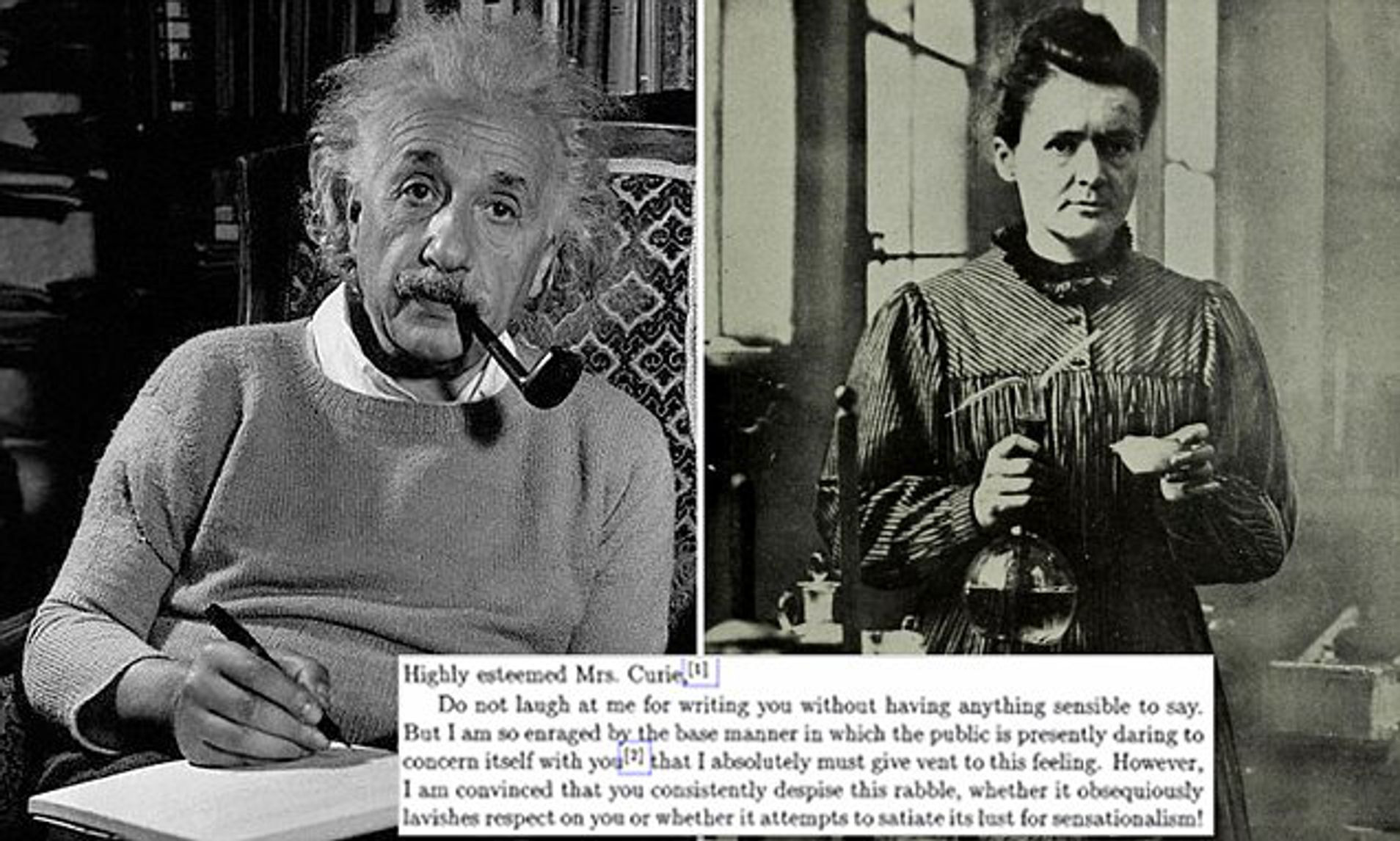
Albert Einstein praised Curie not only for her intelligence but also for her admirable character. He noted that Curie's strength and determination inspired a whole generation, not just in science but also in breaking through social barriers.
The story of the friendship between Albert Einstein and Marie Curie remains valuable today, when individuals - especially women - still face prejudice and pressure from public opinion. Einstein's letter shows the power of empathy and true friendship, while Marie Curie's journey reminds us about the value of persistence and never-ending effort.
Her decision to attend the award ceremony, despite the Swedish Academy's warnings to stay away to avoid controversy, showed Curie's strong commitment to putting science above everything else. This determination, combined with Einstein's unwavering support, created a powerful example of how friendship and mutual respect can help overcome society's unfair judgments and criticisms.
More than a century later, Marie Curie's legacy continues to shine as a beacon for scientific excellence and personal courage. Albert Einstein's letter, though just a small piece of history, highlights the spirit of these two remarkable individuals. It serves as a reminder that genuine values and human connections endure despite facing adversity.
-----
Source: genk.vn https://genk.vn/albert-einstein-da-viet-nhung-gi-trong-buc-thu-gui-marie-curie-vao-nam-1911-20241204112625277.chn
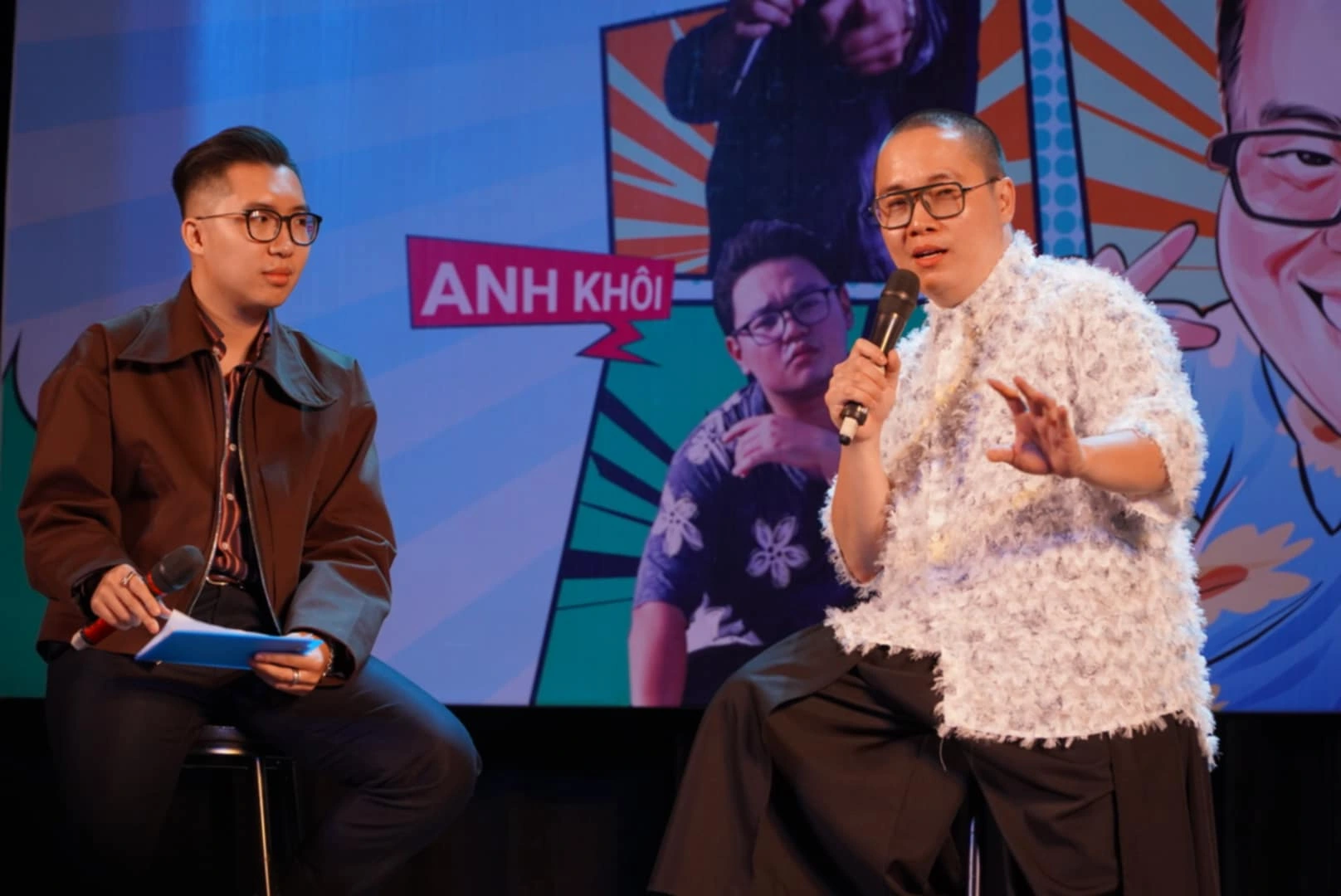


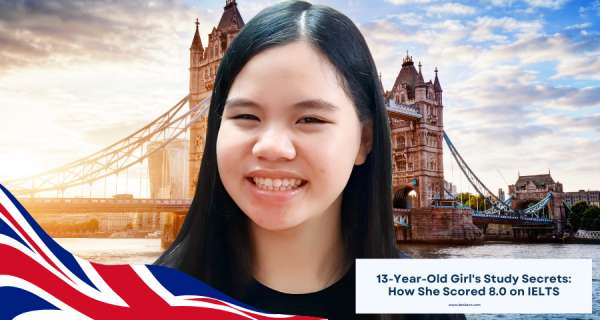

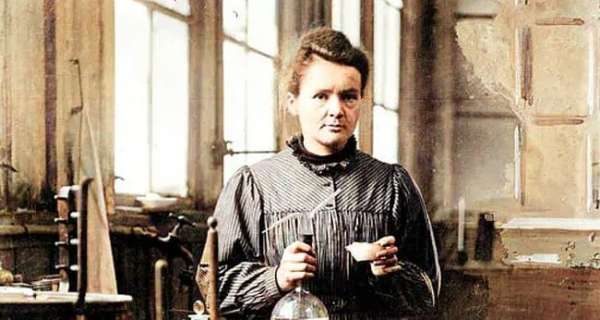
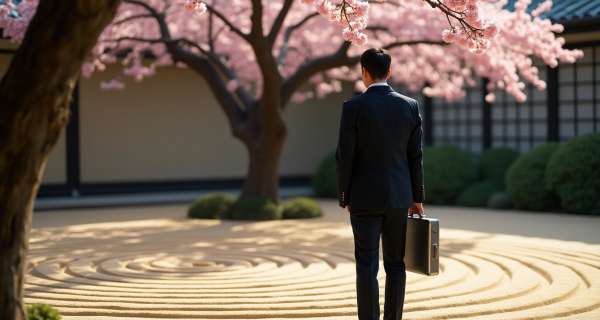



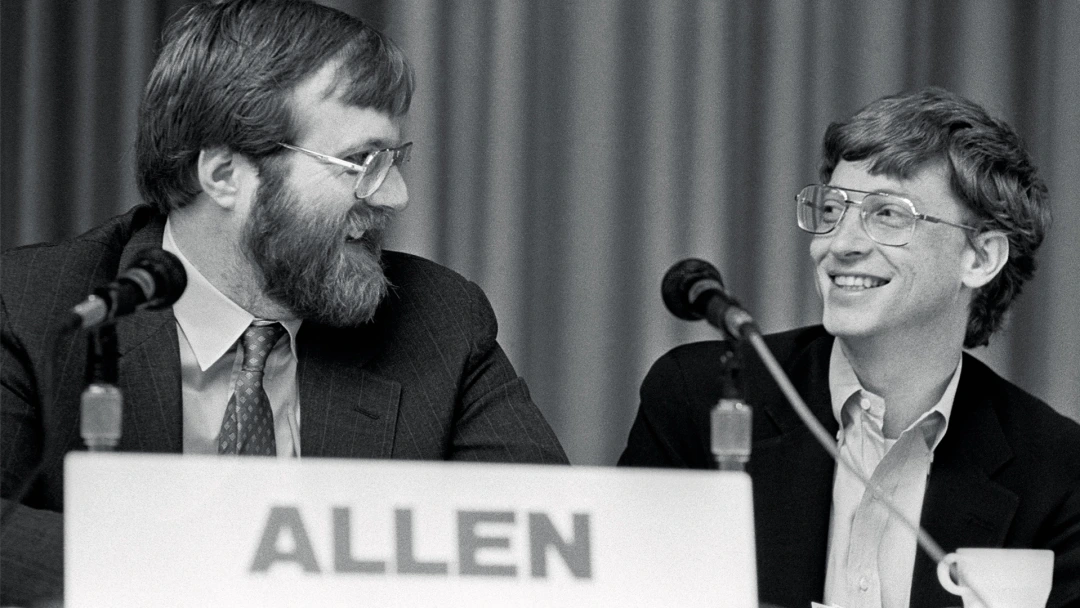
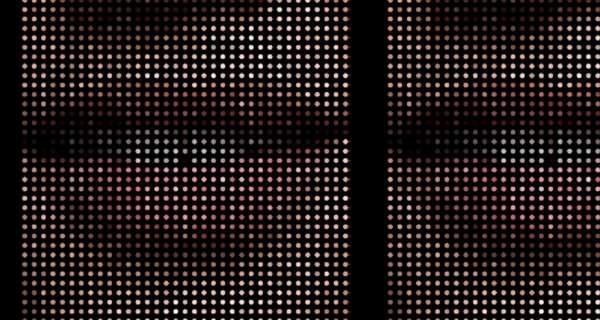







0 Bemerkungen